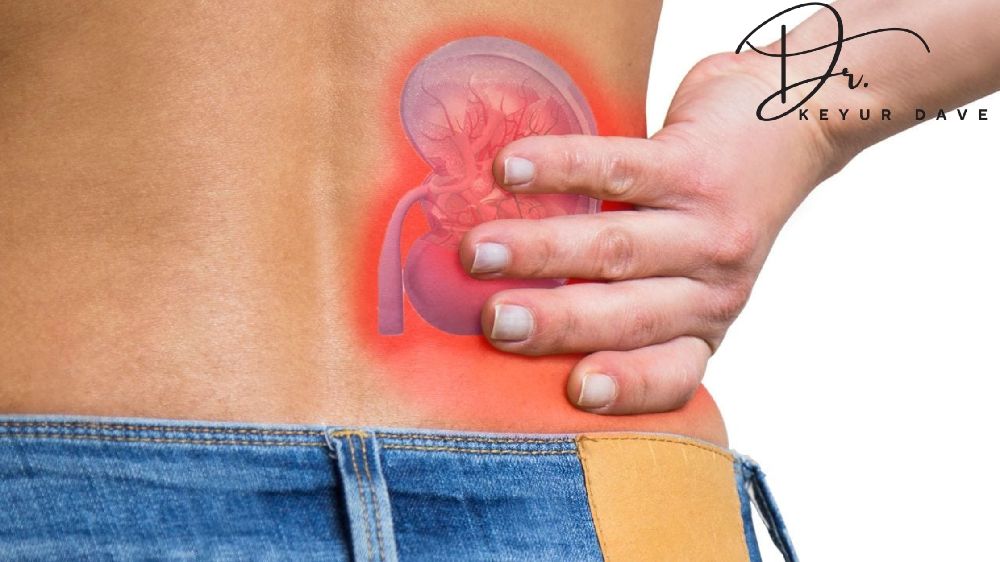
Your kidneys are vital organs that silently work behind the scenes—filtering waste, balancing fluids, regulating blood pressure, and supporting red blood cell production. However, kidney problems often develop without noticeable symptoms, especially in the early stages. Recognizing the early warning signs can make a major difference in getting timely treatment and preventing permanent damage.
⚠️ Why Early Detection Matters
Many forms of kidney disease, including Chronic Kidney Disease (CKD) and acute kidney injuries, are progressive. This means they worsen over time if left untreated. Early diagnosis allows for effective management through lifestyle changes, medications, or medical intervention—potentially avoiding dialysis or transplant in the future.
🧠 Common Early Symptoms of Kidney Problems
1. Frequent Urination (Especially at Night)
If you find yourself needing to urinate more often than usual—particularly during the night—it could indicate that your kidneys are struggling to filter properly.
2. Swelling in the Ankles, Feet, or Hands
Kidneys regulate fluid balance. Impaired function can cause fluid retention, leading to puffiness or swelling, especially in the lower limbs.
3. Fatigue and Weakness
Reduced kidney function can lead to toxin buildup in the blood and lower production of erythropoietin, a hormone that helps create red blood cells—causing fatigue, weakness, and even anemia.
4. Foamy or Bloody Urine
Excessive bubbles (foam) or blood in your urine may indicate protein leakage or damage to kidney filters.
5. Persistent Itching
A buildup of waste products in the blood due to declining kidney function can cause dry, itchy skin—often overlooked as a dermatological issue.
6. Shortness of Breath
In more advanced cases, fluid can build up in the lungs, or anemia may reduce oxygen-carrying capacity—causing difficulty breathing.
7. Loss of Appetite or Nausea
As waste accumulates, it may affect your digestive system, resulting in poor appetite, nausea, or a metallic taste in the mouth.
8. High Blood Pressure
Your kidneys help regulate blood pressure. If they’re failing, hypertension can both be a cause and a symptom of kidney problems.
👨⚕️ When to See a Doctor
If you experience one or more of these symptoms—especially with a history of diabetes, high blood pressure, or family history of kidney disease—it’s crucial to get tested. A simple blood test (creatinine, GFR) and urinalysis can offer powerful insights into your kidney function.
✅ Conclusion
Kidney problems often go unnoticed until serious damage has occurred. But by paying attention to the early warning signs, you can protect your health, prevent complications, and ensure that your kidneys continue to function effectively for years to come. Don’t wait—early detection saves lives.

.png)